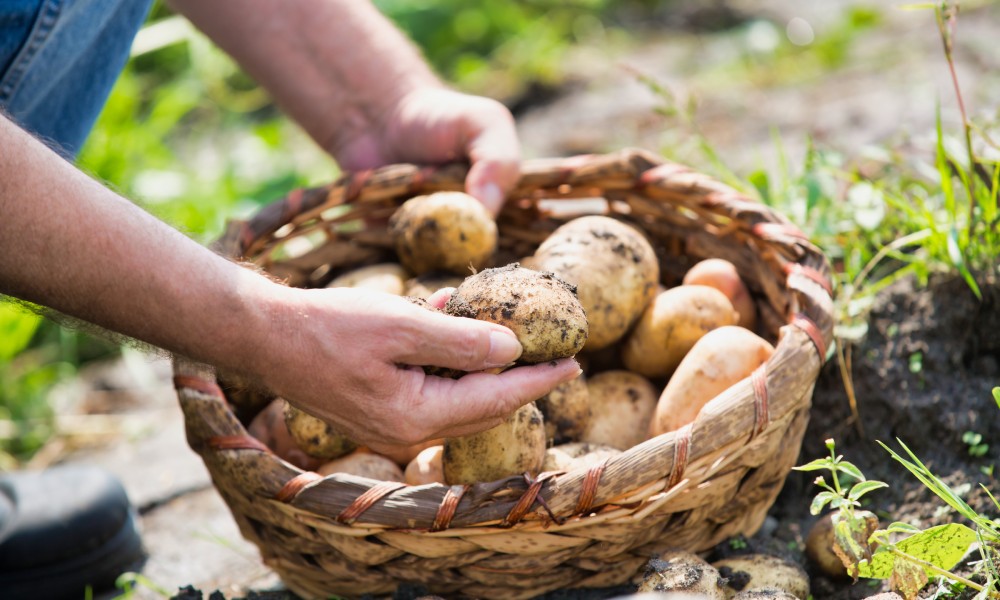
Mushrooms have always had an air of mystery, often seen as a culinary delicacy or a simple pizza topping. However, they are increasingly becoming the star of many farms due to their growing popularity.
The demand for specialty crops, especially mushrooms, is on the rise. For farmers looking to diversify and thrive, the humble mushroom might just be the perfect addition to their fields. Learn why farms should consider growing mushrooms and how yours may benefit.
Farm-Friendly and Earth-Loving
Growing mushrooms is great for your pocket and kind to our planet. They can grow on agricultural waste, turning what would otherwise be discarded into something valuable. This ability to recycle waste into food is a sustainable practice that enhances soil health.
Plus, mushrooms require less water and land than many traditional crops, making them an environmentally friendly choice. The dual benefit of sustainability and profitability makes mushrooms a top contender among specialty crops to consider growing on your farm.
Profitable With Minimal Investment
Starting a mushroom farm doesn’t require breaking the bank. Unlike many other crops, mushrooms don’t demand extensive equipment or vast spaces. Even a small area can yield a significant harvest, giving farmers a substantial return on their investment.
The low-maintenance nature of mushrooms means farmers can achieve high yields with minimal effort. This combination of low start-up costs and high returns positions mushrooms as a smart and profitable investment for farmers.
Nutrition Packed and Versatile
Mushrooms aren’t just tasty—they’re packed with nutrients. Rich in vitamins, minerals, and antioxidants, they’re a nutritious addition to anyone’s diet. Their health benefits, combined with culinary versatility, make mushrooms a favorite among consumers.
From hearty soups to gourmet dishes, mushrooms are great in countless recipes, making them a staple in kitchens worldwide. This increasing demand further drives the market for mushrooms, cementing their status as a crop worth considering.
Diversification Boosts Resilience
In today’s rapidly changing agricultural landscape, diversification is key to resilience. Relying on a single crop is risky, but adding variety increases stability. Introducing mushrooms into crop rotations can enhance soil quality and provide additional revenue streams.
By diversifying, farmers can better withstand market fluctuations and environmental challenges. This strategy secures the farm’s future but also opens new opportunities for growth and innovation.
Navigating Challenges Successfully
While mushroom farming has its perks, it’s not without its challenges. Humidity control and pest management require immediate attention. However, with the right knowledge and preparation, these challenges are easy to manage.
Seeking guidance from experienced mushroom growers or attending workshops can provide valuable insights. By addressing these challenges head-on, farmers can sustain a thriving mushroom enterprise.
Farms should consider growing mushrooms for their numerous benefits, from environmental sustainability to economic profitability. Their nutritional value and diverse culinary applications make them a hit among consumers. For farmers, they represent a strategic addition to diversifying and strengthening agricultural practices. With a little effort, mushrooms can transform a farm and provide a pathway to innovation and sustainability.
